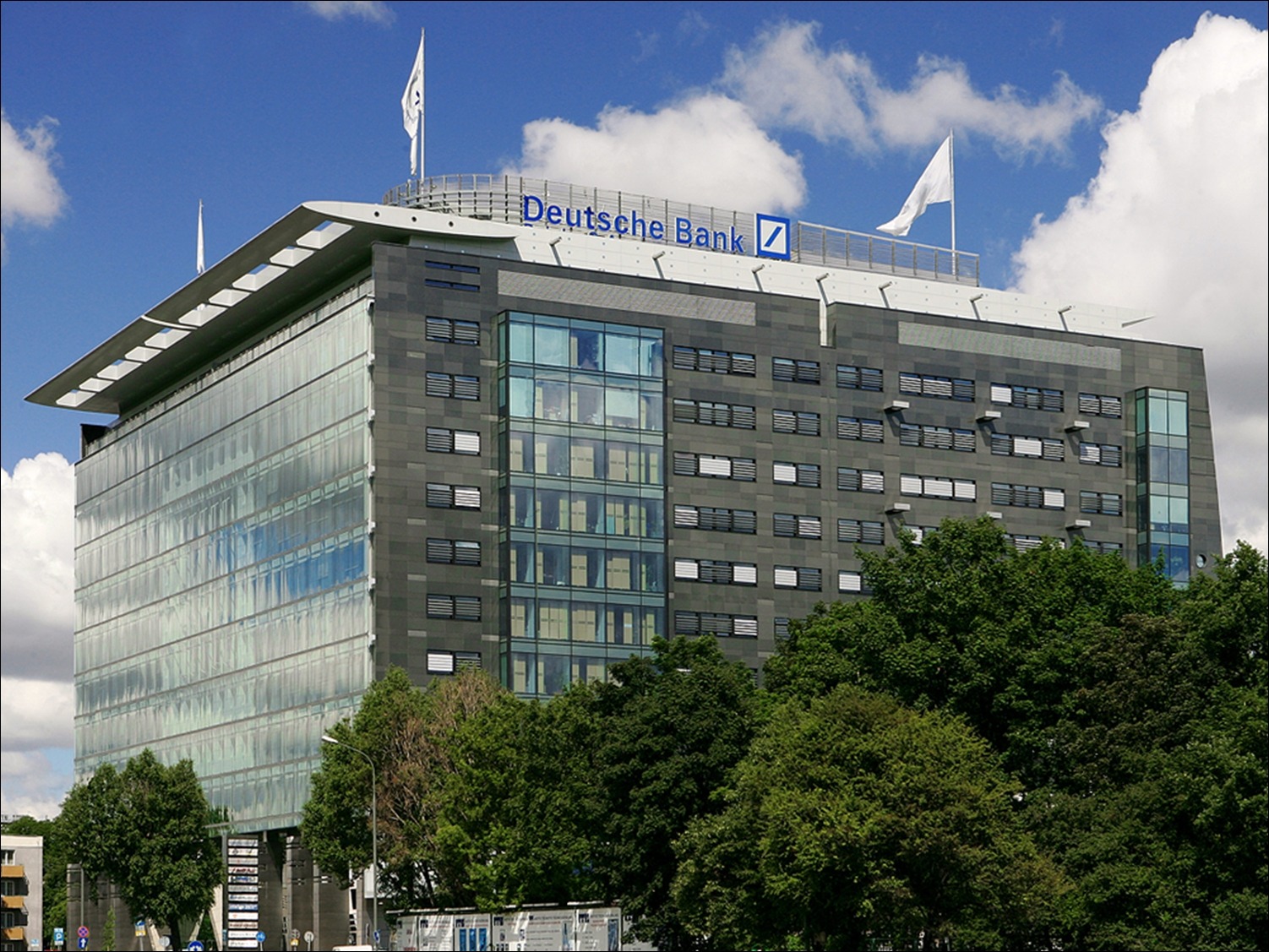
Deutsche Bank has agreed to pay a fine of $16.2m (£13.27m) to settle allegations made by the US Securities and Exchange Commission (SEC) that it had breached corruption laws in the country by recruiting relatives of foreign government officials for quid pro quo purposes.
The SEC alleges the German banking giant violated the Foreign Corrupt Practices Act of 1977 (FCPA) between at least 2006 and 2014.
During that period, Deutsche Bank is claimed to have recruited relatives of overseas government officials in different regions of the world as a personal benefit to the officials to influence them to help it in procuring or retaining business or other benefits.
The regulator said that the bank had recognised that such practice could breach anti-bribery laws, including the FCPA. In 2010, the German bank sanctioned a written hiring policy in the Asia-Pacific region (APAC) to identify and stop its employees from providing temporary employment to candidates referred by current or potential clients.
However, the SEC alleged that the hiring policy was not put into force effectively and also did not apply to all hiring categories. Furthermore, Deutsche Bank, despite being aware of corruption risks in its referral hiring methods, did not sufficiently enforce global policies to address the risk until 2015, said the regulator.
SEC accused Deutsche Bank of not checking the irregular hiring practices
Another charge made by the SEC on the German bank was that its staff created false books and records that hid corrupt hiring methods. The employees of the bank also did not document and record certain related expenses accurately, said the regulator.
The SEC said that Deutsche Bank failed to maintain a system of internal accounting controls around its hiring methods that was sufficient to give reasonable assurances that its staff did not bribe overseas government officials.
Last month, the German banking group said that it will lay off nearly 18,000 full-time jobs by 2022 as part of a restructuring move aimed at cutting down its adjusted costs by around €6bn (£5.45bn).






